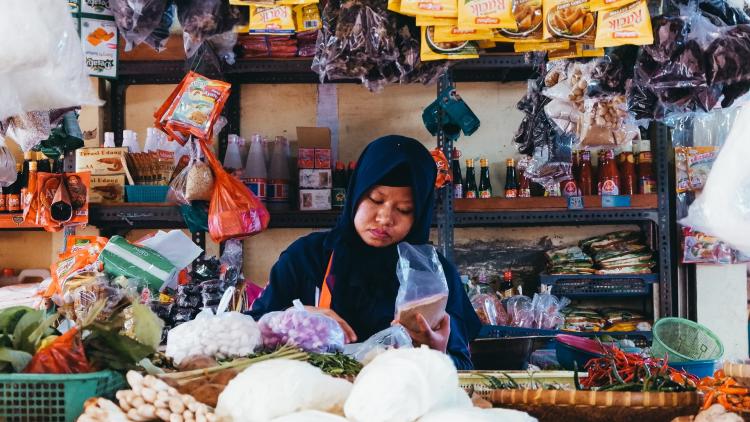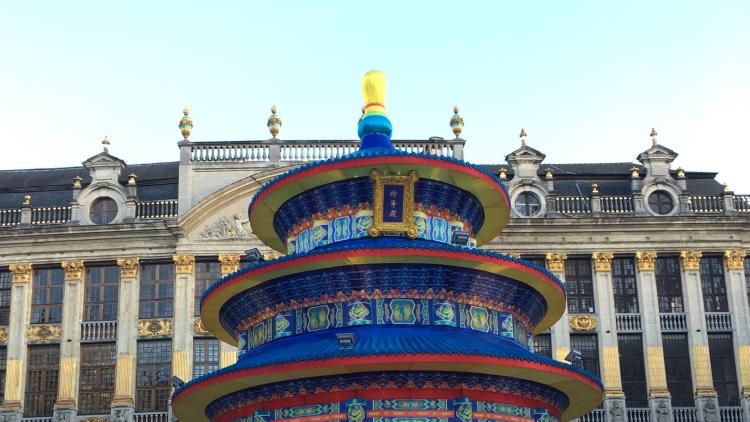China and World Development

Key information
- Start date
- End date
- Duration
- Term 2
- Module code
- 15PECH023
- FHEQ Level
- 7
- Credits
- 15
- Department
- Department of Economics
Module overview
This module looks at the interaction between China's economic transformation and world development since the late 1970s until the present time. The emphasis is on critically analysing and assessing this interaction from alternative historical and theoretical perspectives. Topics covered include: China's international trade and inward and outward foreign direct investment, Chinese labour and world employment, China in the face of financialization, China in East Asian regional intergration, China and industrial development in Africa and Latin America, and the question of imperialism today.
Students pursuing a degree external to the Department of Economics should contact the convenor for approval to take this module.
Objectives and learning outcomes of the module
On successful completion of this module a student will be able to:
- Have a detailed knowledge and understanding of the course of the interaction between China and world development in the era of globalisation.
- Have and ability to apply economic theories to the study of important aspects of the interaction.
- Have knowledge and understanding of the policy debates and issues which have confronted China and its major economic partners.
- Evaluate critically the empirical literature on China and world development.
As an optional module, the topics discussed in the module allow interested students in the MSc in Economics with reference to the Asian Pacific Region to acquire in-depth knowledge of China and world development.
Method of assessment
AS1 - 30% / EXAM - 70%
Suggested reading
Core Reading List:
- Bramall, C. (2009). Chinese Economic Development (London: Taylor and Francis).
- Naughton, B. (2007). The Chinese Economy: Transitions and Growth (Cambridge and London: MIT Press).
- Lin, J.Y.F. (2012). Demystifying the Chinese Economy (Cambridge: Cambridge University Press).
- Brautigam, D. (2009) The Dragon's Gift: The Real Story of China in Africa, Oxford. OUP.
- G.C. Chow and D.H. Perkins (eds) (2015) Routledge Handbook of the Chinese Economy, London, Routledge.
- Li, Minqi (2016) China and the Twenty-First Century Crisis, London, Pluto.
- Yao, S. and P. Wang (2014) China's Outward Foreign Direct Investments and Impact on the World Economy, London, Palgrave.
Additional Reading:
- Hart-Landsberg, M. and P. Burkett (2005) China and Socialism: Market Reforms and Class Struggle, New York Monthly Review Pass
- Kueh, Y.Y. (2008), China's New Industialisation Strategy, Cheltenham, Edward Elgar.
- Arrighi, G. (2007) Adam Smith in Beijing: Lineages of the Twenty-First Century, (London: Verso).
- Frank, A.G. (1998) ReOrient: Global Economy in the Asian Age, (Uni. of California Press).
- Li, Minqi (2008) The Rise of China and the Demise of the Capitalist World Economy, (London: Pluto).
- Meisner, M. (1996) The Deng Xiaping Era: An inquiry into the Fate of Chinese Socialism, 1978-1994, (Hill and Wang).
- Pomeranz, K. (2001) The Great Divergence: China, Europe, and the Making of the Modern World Economy, (Princeton University Press).
- Harvey, D. (2005) A Brief History of Neoliberalism, Oxford, OUP
Disclaimer
Important notice regarding changes to programmes and modules



